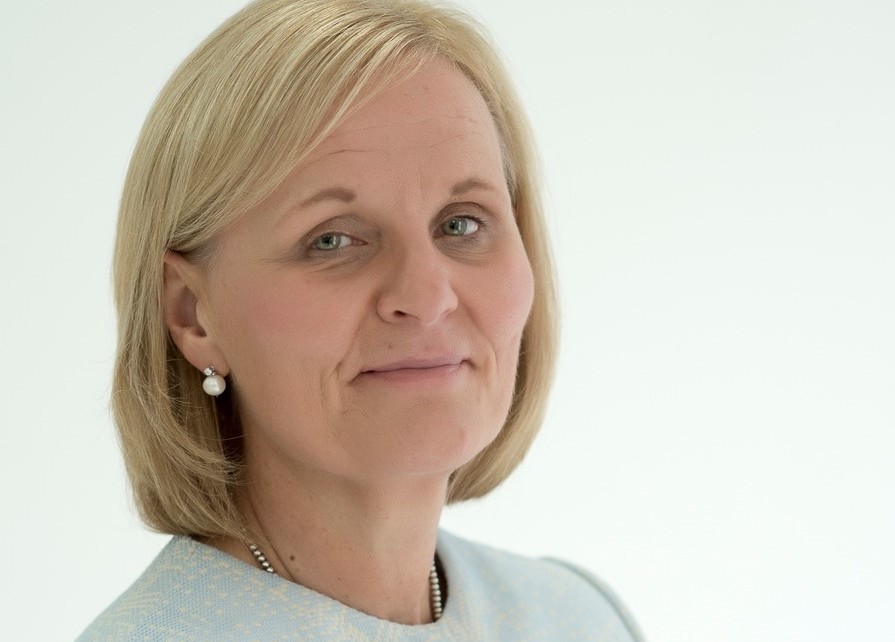A new independent report commissioned by the Association of British Insurers has urged the dismantling the barriers to women moving up to senior roles in the insurance and long term savings sectors.
The report found there were several reasons for the “gender seniority gap” with the “motherhood penalty” likely the biggest single obstacle.
Motherhood was found to be the key driver behind the lack of women in top roles with 60% fewer women at board level than entry level.
To tackle this the report calls for ways to:
•Make more senior jobs available part-time or as job shares
•Seek more evidence of ‘what works’ to tackle the disparity
The ABI says the report outlines the scale of the challenge facing women trying to reach top roles.
“Tackling the gender seniority gap: what works for the insurance and long-term savings industry” was commissioned by the ABI from research consultancy Public First.
Key recommendations include:
• Sexism is best tackled by organisational redesign, not training. Ways of doing this include better use of interviews to make them more structured and ability-based, not free-form.
• Research on the impact of training to ‘remove’ bias is unconvincing. There is a lack of evidence that anti-bias training results in a systemic increase in promotion, or a reduction in the gender gap.
• The insurance and long-term savings industry has put in place a very large number of interventions, as have other sectors. But there is little correlation between the interventions that companies are using and what can demonstrably be shown to be working.
ABI chair Amanda Blanc said: “This report shows that mothers still face a huge challenge to make progress in their career when they return to work. We want to speed that up and the evidence shows that tackling the ‘motherhood penalty’ may be the best way to do this.
“While I have no doubt that many of the people at the top of the industry are fully committed to change, it is simply not good enough that in 2018 there are 60% fewer women at board level than entry level. To change this we need to focus on what interventions work, not what makes us feel like we are trying. Only then will we start to see the seniority gap close.”
Public First partner Rachel Wolf said: "Our research found that the biggest barrier for women was becoming a parent. So it makes sense that this is what big firms should target first.”

